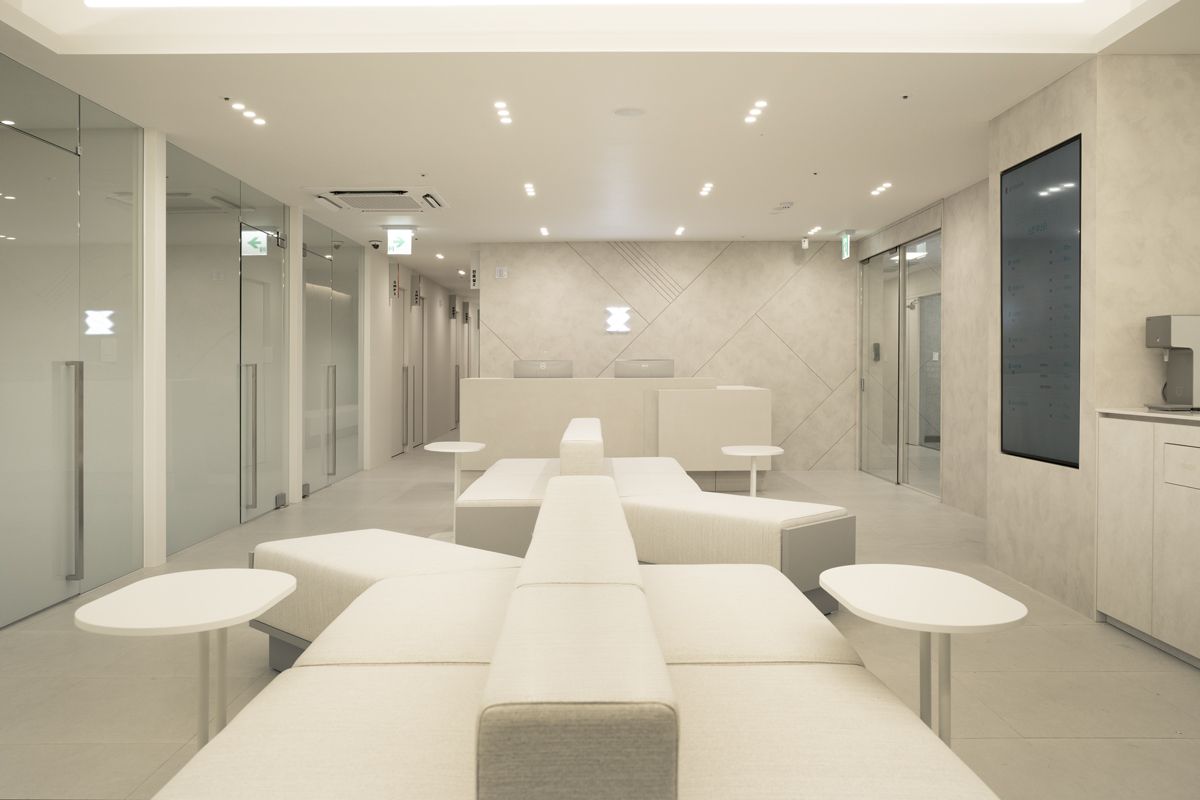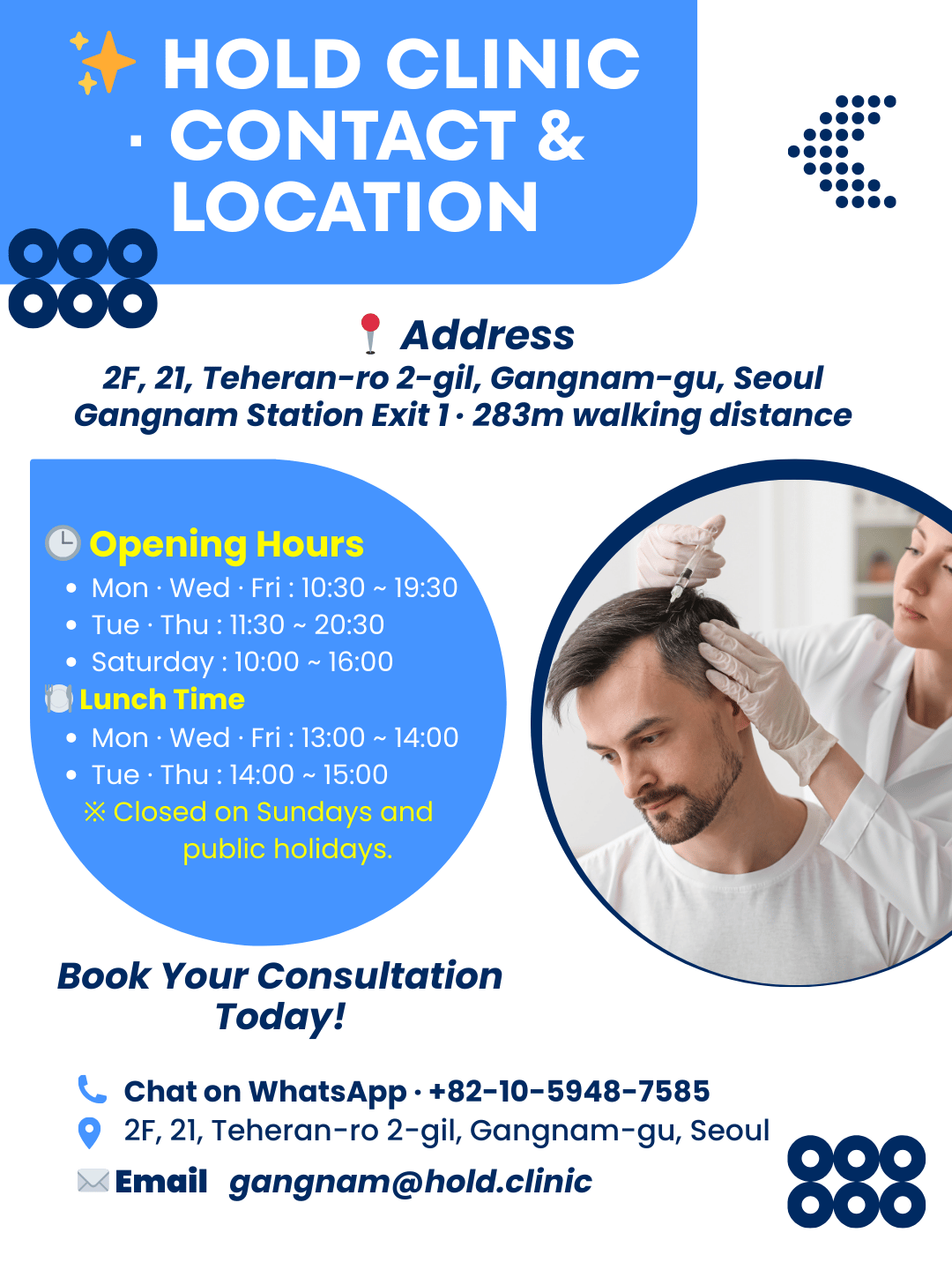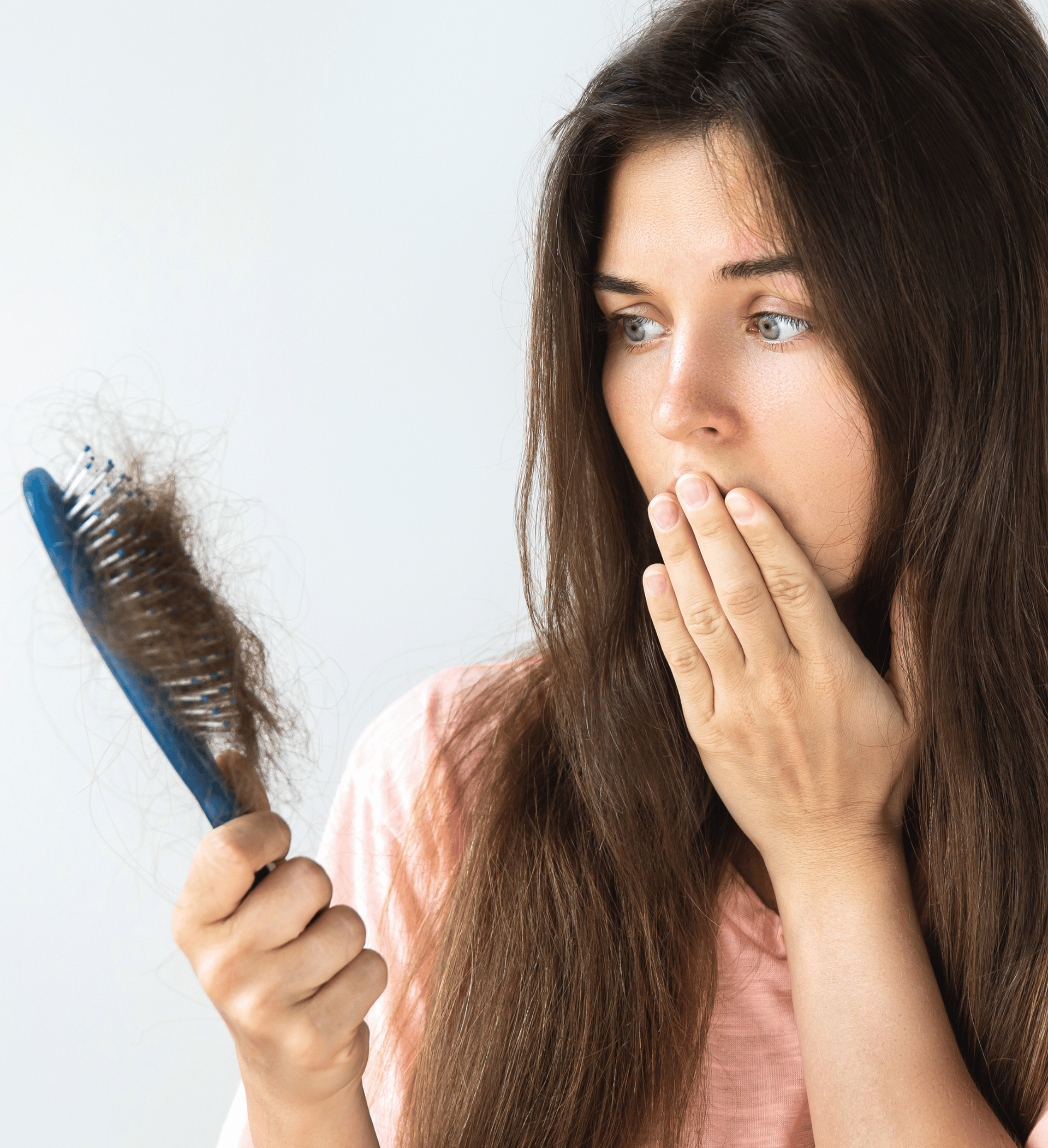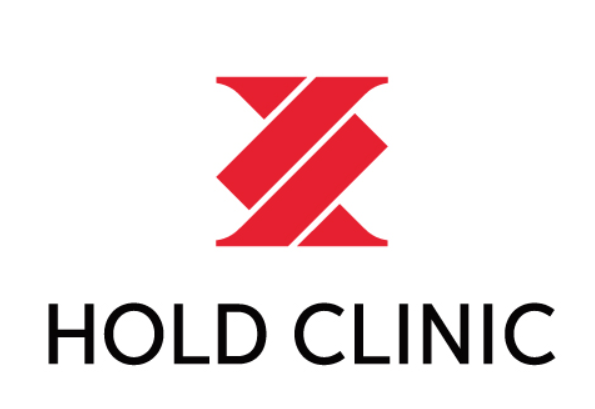Hormonal Panel and Treatment in Korea, Seoul at Gangnam HOLD Clinic
Hormonal Hair Loss: Understanding Your Hormonal Panel and Treatment in Korea, Seoul HOLD Clinic
Hair loss is a complex issue with many potential causes, and for many individuals, hormones play a significant role. Hormonal imbalances can lead to various forms of hair thinning and loss, affecting both men and women. If you're experiencing hair loss and suspect a hormonal link, understanding a hormonal panel and the treatment options available in South Korea is a crucial step toward reclaiming your hair health.
This blog post will delve into the importance of hormonal testing for hair loss, how it's conducted in Korea, and the specialized care you can expect at clinics like Seoul HOLD Clinic in Gangnam.
The Hormonal Connection to Hair Loss
Hormones act as messengers in your body, regulating countless functions, including hair growth. When these delicate balances are disrupted, it can directly impact your hair follicles, leading to shedding, thinning, or a complete halt in growth.
Key hormones often implicated in hair loss include:
- Androgens (e.g., Testosterone, Dihydrotestosterone - DHT): In genetically predisposed individuals, excess DHT can miniaturize hair follicles, leading to Androgenetic Alopecia (male and female pattern baldness).
- Thyroid Hormones: Both an overactive (hyperthyroidism) and underactive (hypothyroidism) thyroid can cause diffuse hair loss.
- Estrogen and Progesterone: Fluctuations in these female hormones, particularly during pregnancy, postpartum, menopause, or due to certain medical conditions, can trigger hair shedding (Telogen Effluvium).
- Prolactin: Elevated levels can sometimes be associated with hair loss.
- Cortisol (Stress Hormone): Chronic stress can disrupt the hair growth cycle.
The Importance of a Hormonal Panel for Hair Loss Analysis in Korea
A hormonal panel is a series of blood tests designed to measure the levels of various hormones in your body. For hair loss, it's an essential diagnostic tool because:
- Identifies Root Causes: It helps pinpoint if a hormonal imbalance is indeed contributing to your hair loss, guiding targeted treatment.
- Differentiates Hair Loss Types: Hormonal profiles can help distinguish between different types of alopecia that might present similarly.
- Guides Treatment Strategy: Knowing which hormones are imbalanced allows dermatologists to recommend specific medications or therapies to address the underlying issue.
- Monitors Progress: Regular testing can track the effectiveness of hormonal treatments and ensure levels are normalizing.
At Seoul HOLD Clinic, a detailed consultation and scalp examination (as discussed in our previous blog) are typically followed by blood tests, including a hormonal panel, if the dermatologist suspects a hormonal component to your hair loss. This comprehensive approach ensures an accurate diagnosis.
What Hormones Are Typically Tested?
While the exact panel may vary based on your symptoms and the dermatologist's assessment, a common hormonal panel for hair loss in Korea might include:
- Testosterone (Total and Free): To assess androgen levels.
- DHT (Dihydrotestosterone): Directly related to Androgenetic Alopecia.
- Thyroid Stimulating Hormone (TSH), T3, T4: To evaluate thyroid function.
- Estradiol (Estrogen) and Progesterone: Especially relevant for women.
- Prolactin: If other endocrine issues are suspected.
- DHEA-S (Dehydroepiandrosterone sulfate): Another androgen precursor.
- FSH (Follicle-Stimulating Hormone) and LH (Luteinizing Hormone): Can provide insights into reproductive hormone balance.
In addition to hormones, blood tests may also check for nutritional deficiencies (e.g., iron, ferritin, Vitamin D, Zinc), which can also contribute to hair loss.
Treatment Approaches Based on Hormonal Imbalances
Once a hormonal imbalance is identified, treatment at Seoul HOLD Clinic will be tailored to normalize these levels and promote hair regrowth. This can include:
- Oral Medications:
- Finasteride (for men): If high DHT is the cause of male pattern baldness.
- Anti-androgens (for women): Medications like spironolactone may be prescribed to block androgen effects in women with hormonal hair loss.
- Thyroid Medication: If thyroid dysfunction is diagnosed, medication to regulate thyroid hormone levels will be prescribed by the appropriate specialist (e.g., endocrinologist), often in conjunction with the dermatologist.
- Testosterone Replacement Therapy (TRT): For men with clinically low testosterone, TRT can improve overall well-being and may help with hair health, though it's primarily for correcting low T symptoms.
- Lifestyle and Dietary Adjustments: Supporting overall hormonal balance through diet, stress management, and exercise.
- Complementary Hair Loss Treatments: Hormonal treatments are often combined with other therapies offered at Seoul Delight Dermatology, such as:
- Minoxidil: To stimulate hair growth topically.
- PRP and Exosome Scalp Therapy: To provide growth factors directly to the follicles.
- Low-Level Laser Therapy (LLLT): To further stimulate hair follicles.
Cost Considerations and NHIS Coverage for Hormonal Panels
As with most hair loss treatments, hormonal panel testing for hair loss is generally considered an elective procedure and is NOT covered by the National Health Insurance Service (NHIS) in South Korea. You will typically pay the full out-of-pocket cost.
- Cost for a Hormonal Panel: Expect to pay approximately ₩80,000 to ₩250,000 KRW (approx. $60 - $185 USD), depending on the number of hormones included in the panel.
- Consultation & Other Tests: Initial consultation and other diagnostic tests (scalp examination, trichoscopy) will be separate costs, as outlined in our previous blog post.
- Medications: The cost of oral medications will vary by type and dosage, and will be an additional out-of-pocket expense.
Always confirm the exact costs with Seoul HOLD Clinic during your consultation.
Why Seoul HOLD Clinic for Hormonal Hair Loss?
Seoul HOLD Clinic is an excellent choice for addressing hormonal hair loss due to its:
- Board-Certified Dermatologists: Ensuring expert diagnosis and treatment.
- Comprehensive Diagnostic Capabilities: Including the ability to order and interpret relevant blood tests like hormonal panels.
- Personalized Treatment Plans: Combining hormonal interventions with other advanced hair loss therapies.
- English-Speaking & Foreigner-Friendly Environment: Making the process comfortable and understandable for international patients.
- Convenient Gangnam Location: Easy accessibility in a prime medical hub.
If you're concerned about hair loss and believe hormones might be a factor, a thorough evaluation, including a hormonal panel, at a reputable clinic like Seoul HOLD can provide the answers and effective solutions you need to restore your hair and confidence.




